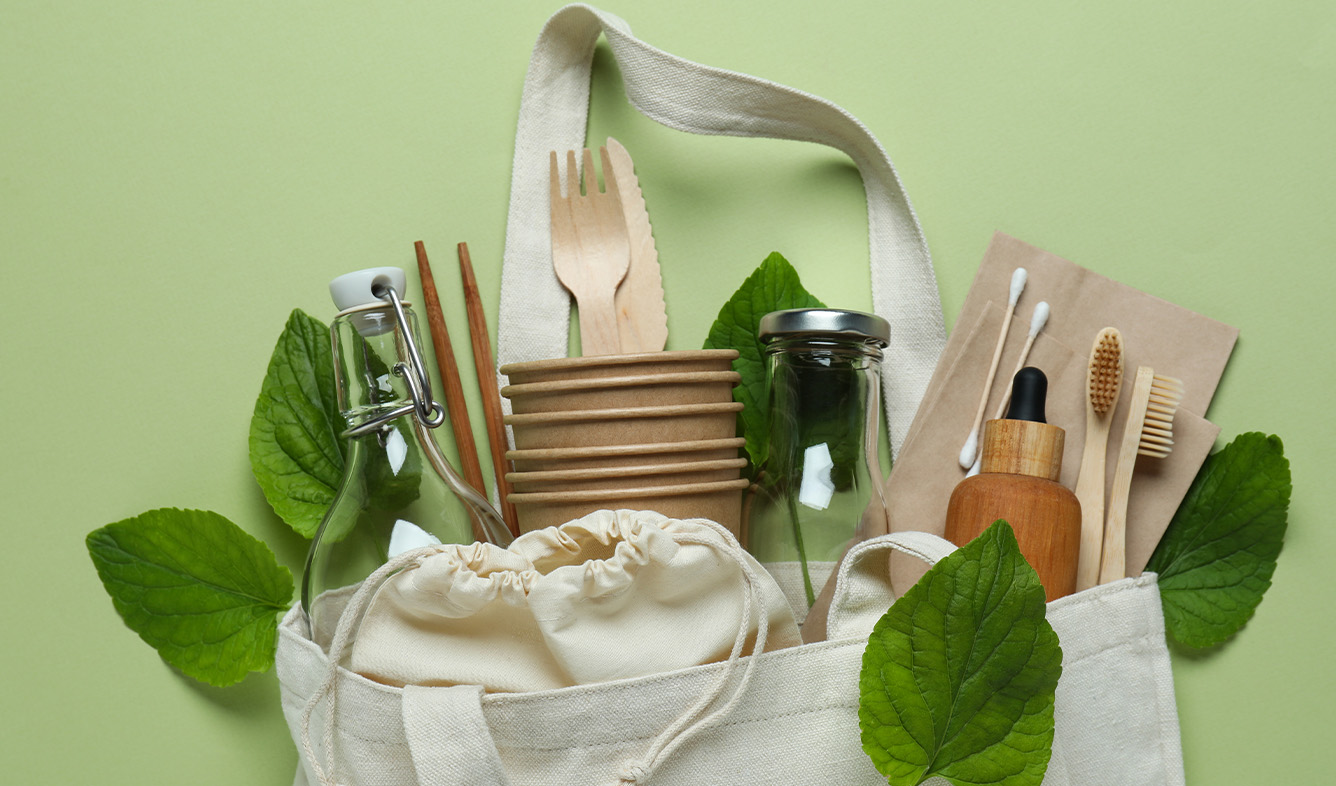Zero-Waste Living: A Beginner’s Guide
In a world grappling with environmental challenges, the concept of zero-waste living has gained significant attention. It’s a lifestyle that aims to minimize waste generation and make more sustainable choices in daily life. In this beginner’s guide, we’ll introduce you to the principles of zero-waste living and offer practical tips to get you started on your journey to reduce waste and live more sustainably.
Understanding Zero-Waste Living
We’re humans — we make waste. Zero-waste living is not about producing absolutely no waste whatsoever – that’s nearly impossible. Instead, it’s a philosophy that encourages you to reduce, reuse, and recycle as much as possible to minimize the trash you send to landfills. The focus is on making more conscious and sustainable choices in everyday life.
Tips for Reducing Waste in Everyday Life
1. Shop with Reusable Containers: Say goodbye to single-use plastic bags and containers. Invest in reusable grocery bags, produce bags, and containers for your bulk shopping needs. This does not cut down on waste but also tends to be more cost effective in the long run.
2. Look out for Refill Stations: Look out for stores that offer refilling options for household products like detergents, cleaning supplies, and personal care items. Bring your own containers and refill them instead of constantly buying new ones.
3. Choose Products with Minimal Packaging: When shopping, try to buy the products which has minimal or recyclable packaging. This helps reduce the amount of waste you’ll need to dispose of. Farmers markets and local shops often provide options with packaging.
4. DIY Household Products: You can makemany household items, like cleaning solutions and personal care products, can be made at home using simple ingredients like baking soda, vinegar, and essential oils. DIY not only reduces waste but also saves you money.
5. Composting: Consider composting kitchen scraps and yard waste as a means to lessen waste. In another way, compost can be used as an enriched pit in your garden soil.
6. Reusables: Swap out disposable items with reusable alternatives. For instance, use cloth napkins instead of paper ones, stainless steel, or bamboo straw instead of plastic, and a refillable water bottle instead of single-use plastic bottles.
7. Mindful Meal Planning: When it comes to meal planning be mindful to reduce food waste. Get creative, with leftovers. Avoid buying groceries than you need.
8. Repair and Upcycle: Instead of discarding broken or old items, learn to repair or upcycle them. Many things can be given a new life with a little creativity.
Taking Small Steps Toward a Zero-Waste Life
Zero-waste living is a journey, not a destination. Start with a few of these beginner tips, and gradually incorporate more waste-reducing practices into your daily routine. The key is to be mindful of your consumption and to make conscious choices that reduce your environmental impact. By embracing the principles of zero-waste living, you not only contribute to a more sustainable future but also discover a simpler, more intentional way of life.





